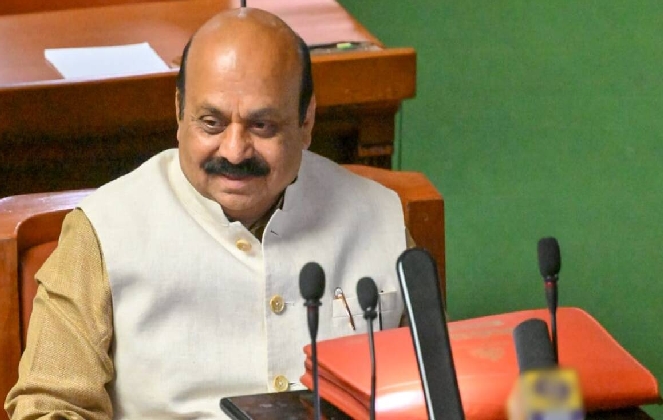
Budget has many deficiencies, point out economists
Maqsood Maniyar | NT
Bengaluru: Economists say that the State Budget is along expected populist lines since it is a poll year, adding that the exercise has many shortcomings as well. They added that there are allocations for all sectors of society with the hope of drawing electoral benefits from it. This is reflected in the robust allocations for the agriculture sector, they reasoned.
They identified lack of plans for longterm growth, job creation, Sustainable Development Goals (SDGs), fiscal prudence, among other issues as Budgetary deficiencies. Economic professor at the Institute for Social and Economic Change (ISEC) Krishnaraj said that the lack of emphasis on Sustainable Development Goals (SDGs) is a matter of concern.
“The Budget keeps in mind the upcoming election. It wants to please everyone so to say,” he said. “It is a touch and go kind of Budget. It doesn’t necessarily push industrial development or Sustainable Development Goals, of which there are 17. This includes no poverty, no hunger etc. There is no proper Budgeted amount to support those programmes,” he added.
A whopping Rs9,698 crore has been allocated to Bengaluru since it is home to 28 Assembly constituencies, Krishnaraj said. Professor of Economics at National Institute of Advanced Studies (NIAC) Narendra Pani opined that the Budget lacked strategy. “It was an expected Budget but it doesn’t provide an economic strategy that people can vote on,” he said.
“You can have a poll year Budget if you have a clear economic strategy as a part of your political narrative. Then you’d use the Budget to demonstrate how the economic strategy would work. This is what Indira Gandhi did with bank nationalization,” he said. Institute for Social and Economic Change professor RS Deshpande took an even dimmer view of the Budget, calling it an exercise that “attempts pareto optimality while forgetting Arrow’s impossibility.”
“Pareto optimality is pleasing everyone without hurting anyone. Arrow’s impossibility says that when the market is in sight and political institutions are in sight, it is impossible to please everyone,” he explained.
 English daily published in Bengaluru & Doha
English daily published in Bengaluru & Doha






